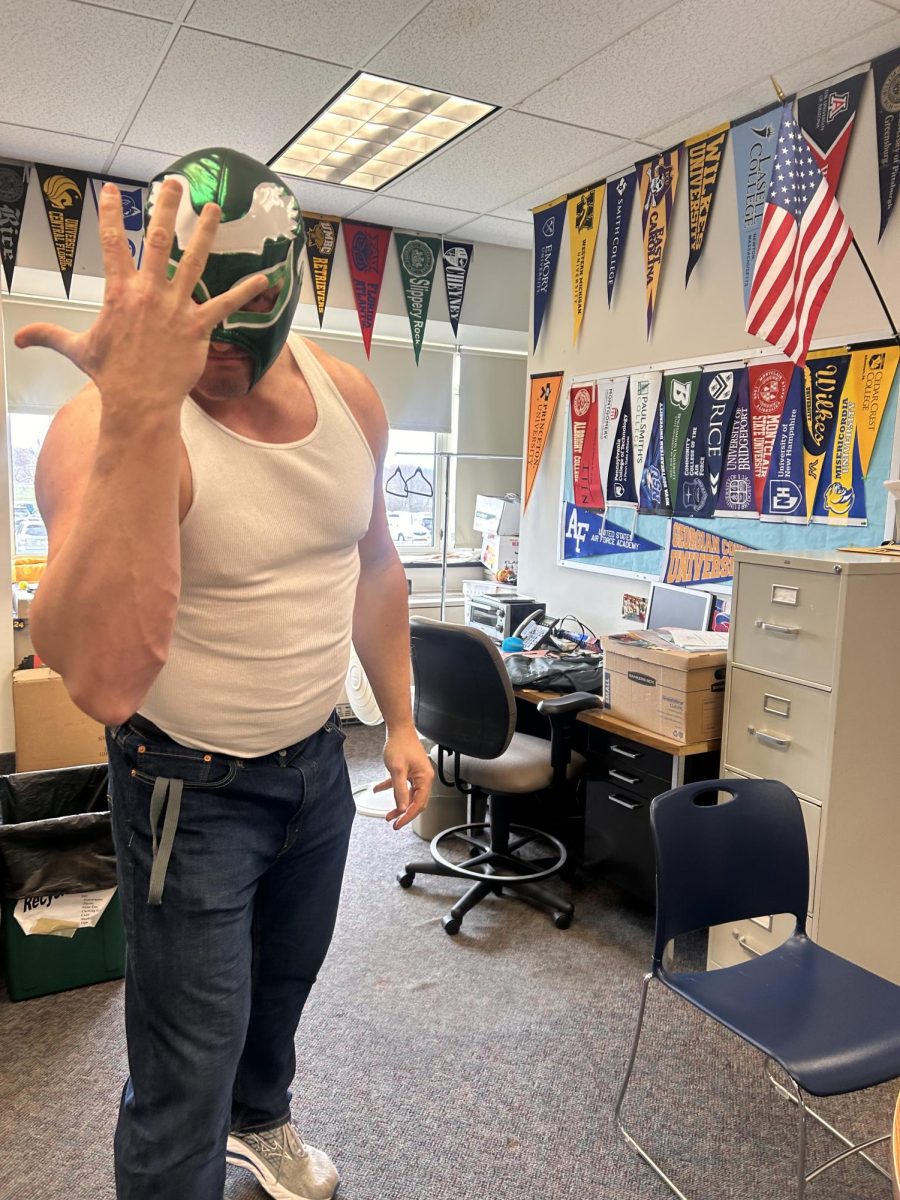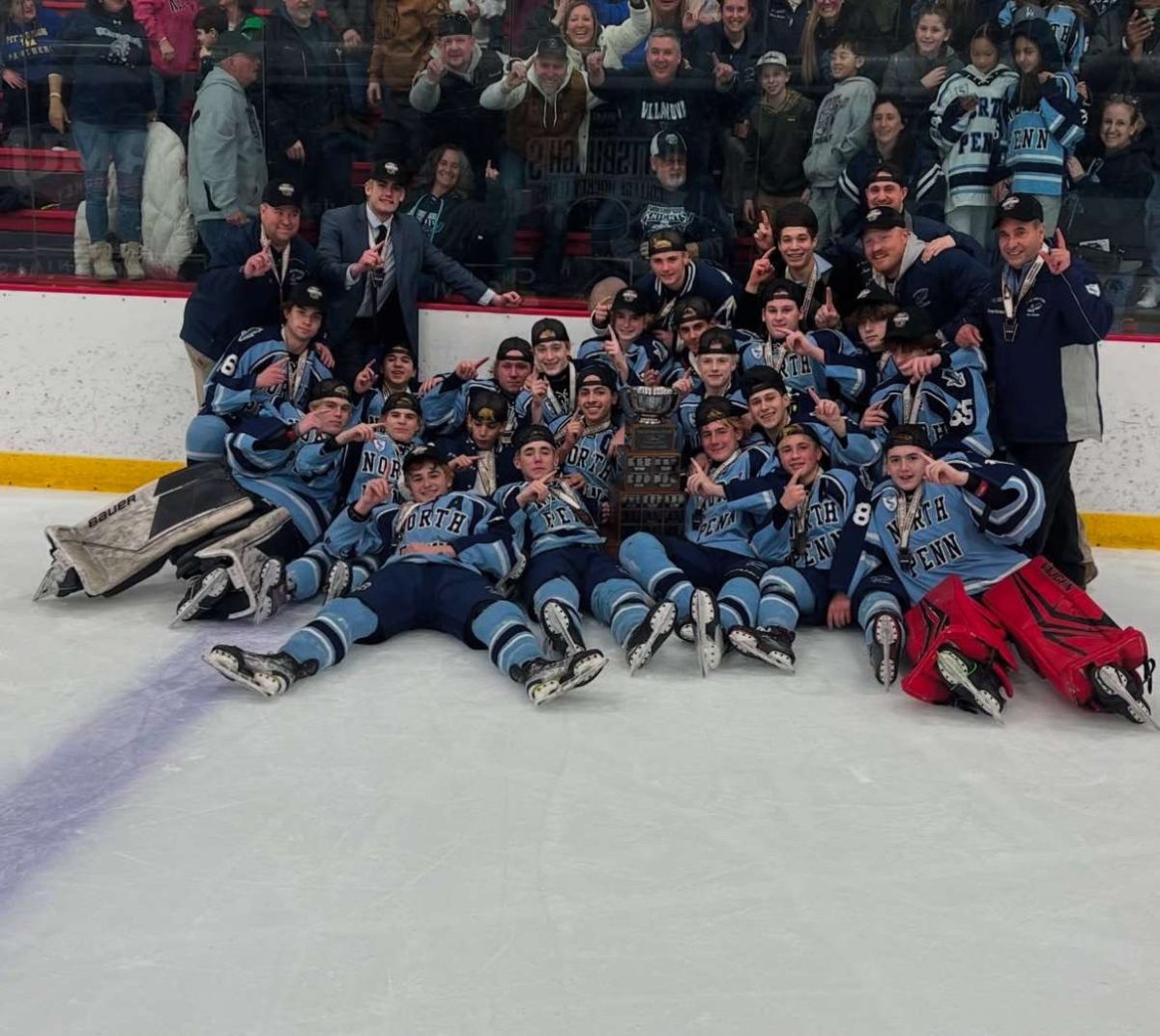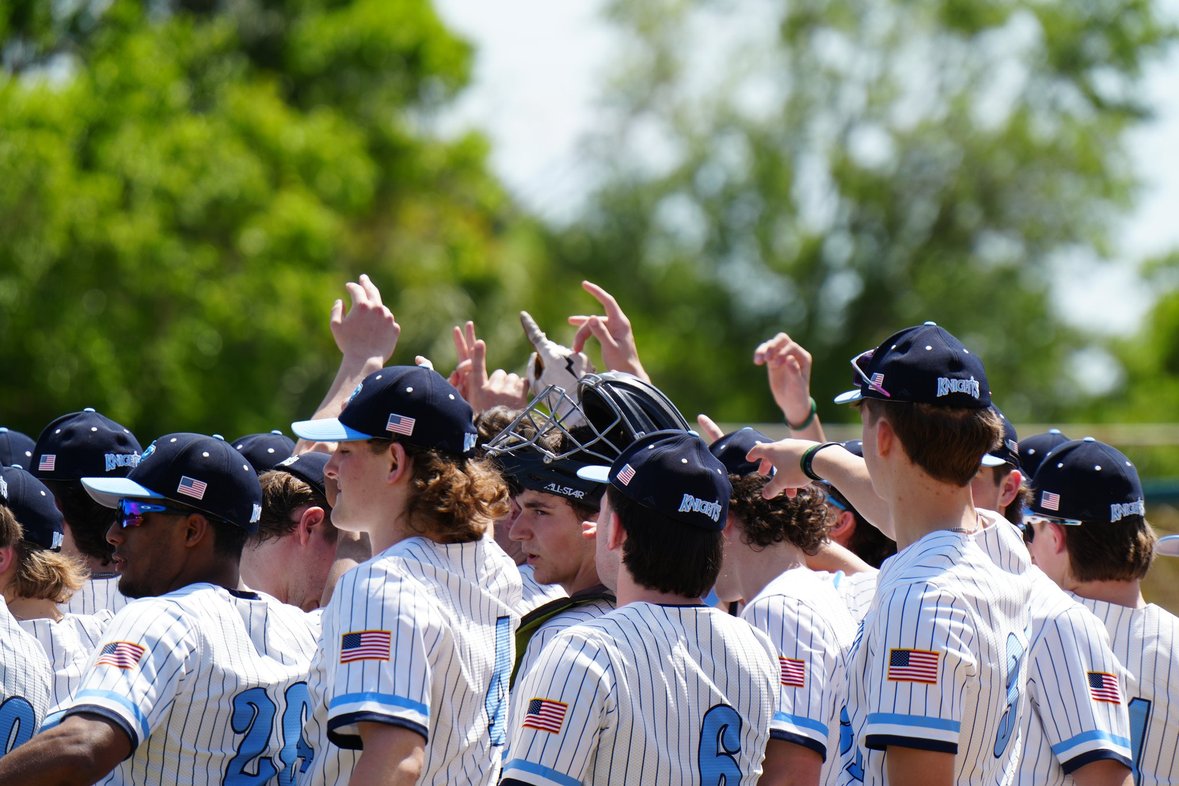Sorry not sorry: the rise of remorseless apologies
December 16, 2014
“Say ‘I’m sorry’ and mean it.”
If you grew up under the supervision of adults, there’s a good chance that you heard this expression on an almost daily basis during your preschool and elementary school years. Almost every teacher and parent wants to teach children to feel genuinely sorry when they hurt other people.
Adults attempt to instill this sense of authentic regret in kids the best way they know how: by forcing children to apologize every time somebody is hurt by their actions, whether the apology is heartfelt or not.
While it’s not a big deal that little Johnny isn’t really sorry that he stole Sally’s animal crackers, what happens when Johnny grows up, becomes famous and esteemed by society, then says something that is hurtful and insensitive? He apologizes. And to celebrities, it seems as if simply issuing an apology, whether it’s genuine or not, is enough to make the public forgive them.
Recently, it seems like everybody is sorry about something. This September, singer Cee Lo Green said that he was sorry for his insensitive tweets about rape “being taken so far out of context.” White House staffer Elizabeth Louten apologized “to all of those [she] hurt and offended with [her] words” after she criticized Sasha and Malia Obama for their dress and attitude at the annual White House turkey pardoning. Bengals coach Marvin Lewis apologized “to Johnny and the Browns and all the fans in Cleveland” after he called the six foot tall Cleveland Browns quarterback Johnny Manziel a midget.
None of these apologies take responsibility or are directed towards the people they hurt. Cee Lo Green did not apologize for his actual offensive comments, but for the way that other people interpreted them. Elizabeth Louten did not apologize to the Obama girls, who she said were dressed like they were going to a bar, but to “all of those” she offended. Marvin Lewis apologized to pretty much everybody except for people with dwarfism for his use of a term that is offensive to people with dwarfism.
All of these apologies are not really apologies at all. Instead, they are statements made by people who said things that other people took offense to. They place the blame on the receivers, not the speakers, of the message. All of them give off about the same level of remorse as a preschool snack time apology between three year olds.
Why are such apologies accepted in our society?
In a way, they aren’t. They are both given and received grudgingly. Yet, they are necessary, especially for celebrities who live and die by how other people perceive them. In today’s society, it seems like nobody can handle being offended. It’s a sorry world we live in, where a comment that raises even the slightest cry of offense is immediately followed by demands for an apology.
That’s not to say that people shouldn’t be held responsible when they make offensive or insensitive comments. There are times when people, especially celebrities, make foot in mouth comments that are so hurtful that an apology is necessary. However, it seems like every time a celebrity says something that even one person could interpret as offensive, public outrage demands an apology. Celebrities aren’t always sorry for what they say. That doesn’t seem to matter; an apology will still be made in the interest of saving face.
If everything calls for an apology, how many of these apologies will be sincere? Much like the toddler mumbling “sorry” to a classmate, most celebrity “apologies” are forced non-apologies which contain no regret.
As long as celebrities say stupid things, stupid apologies will continue to echo from their mouths and keyboards. Public image is too important, and social media makes stupid comments too easy to say for the pattern of stupid comment/forced apology to stop.
That’s the sorry truth.









